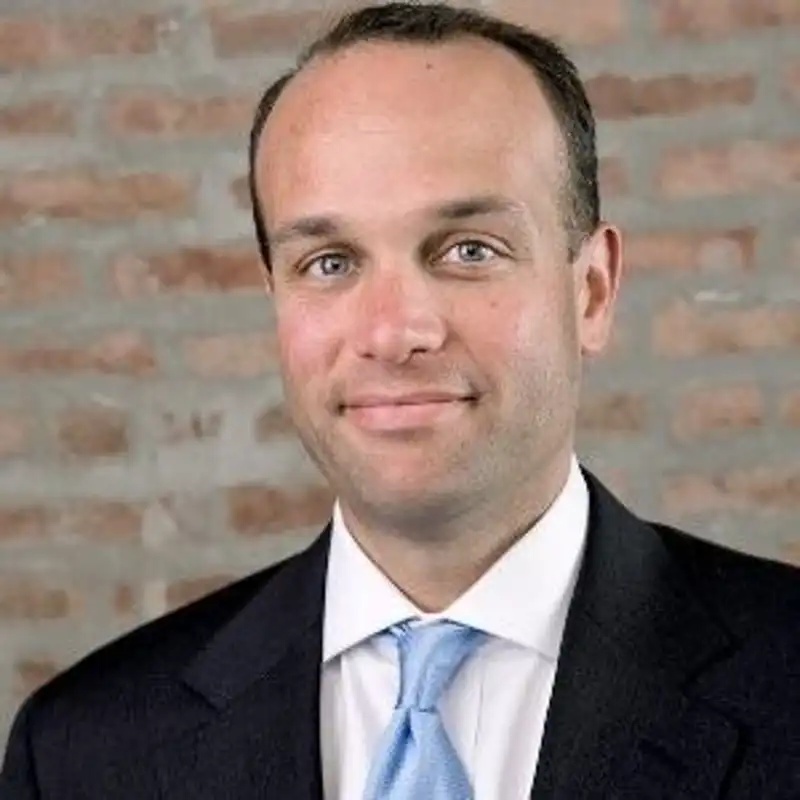
In 2023, the SEC issued rules under the 1940 Investment Advisors Act requiring new disclosures by certain private investment funds. These private funds, which were first required to register with the SEC starting in 2010 under the Dodd-Frank Act, have seen significant growth. Since 2010, the number of private funds and their assets under management has dramatically increased, from roughly 30,000 funds managing $10 trillion in 2012 to 100,000 funds managing over $25 trillion in 2022.
The SEC argued that while such funds are only directly available to sophisticated large investors, many small investors are indirectly exposed through vehicles like public and private pension plans and endowments that invest in private funds. Consequently, the SEC contended that these small investors require additional protections. However, this stance was met with significant opposition.
Court Challenge
A group of trade associations challenged the rules in federal court, arguing, among other things, that they exceeded the SEC’s statutory authority from Congress. The Fifth Circuit Court of Appeals vacated the rules, concluding that:
- The Dodd-Frank Act expanded the SEC’s authority to require disclosures only with respect to retail investors, not the sophisticated market participants in private funds.
- The proposed rules were not sufficiently connected to preventing fraud to justify relying on the SEC’s general authority under the Investment Advisors Act.
Legal Trend
This ruling aligns with a trend of the Fifth Circuit emerging as the preferred counterpart to the Ninth Circuit, with business groups strategically directing legal challenges to federal rules into Fifth Circuit courts, expecting a favorable forum. This decision is consistent with other recent Fifth Circuit rulings. Recent examples include:
- Vacating payday lending rules from the Consumer Financial Protection Bureau because the agency funding mechanism violated the separation of powers.
- Overturning an SEC decision against a hedge fund manager because the commission’s ordinary enforcement process reflected an unconstitutional delegation of authority from Congress.
The structure of large, rural subdivisions of certain federal district courts in Texas and Louisiana, which have only a single judge, allows plaintiffs to essentially pick their judge by filing in those districts. Similar cases are now pending in the Fifth Circuit, such as the challenges to the recently issued FTC rule barring most noncompete agreements.
Implications
While hedge fund and private equity managers are the most immediately impacted, with their new compliance obligations deferred for now and potentially indefinitely, SEC information requests and enforcement action are likely to remain focused on the issues, such as fee allocation and conflicts of interest addressed by the rule. The SEC has relied on the same statutory authority for a host of other rules directed at fund advisors that may now also be vulnerable to challenge, including those addressing cybersecurity and predictive data analytics.
Next Steps
Despite this Fifth Circuit ruling alleviating the reporting obligations in this instance, the SEC remains active in investigations and enforcement. The legal fees associated with responding can be significant, and insurance may provide coverage for those costs. NFP is here to help you maximize coverage and recovery in such instances.
Reach out today to start a conversation about how we can work together to move you forward.




